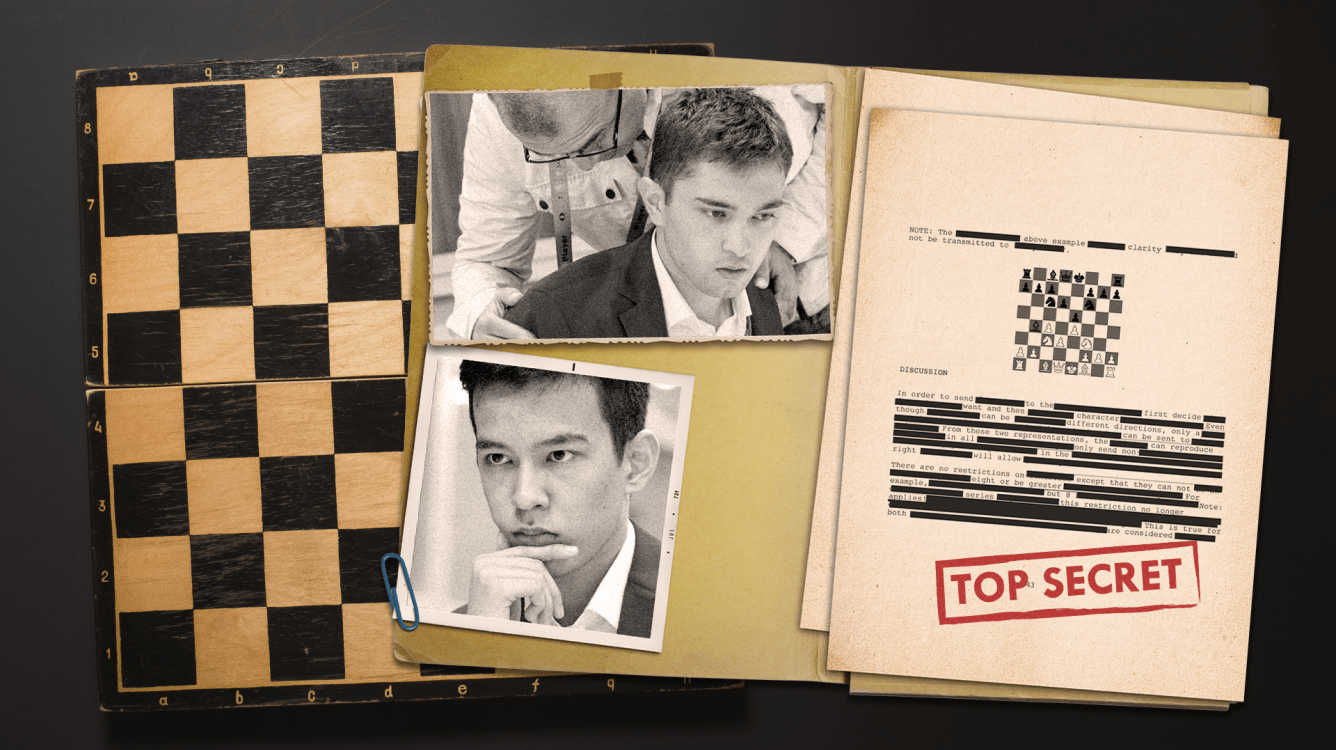
The Secrets Of Uzbek Masters
The recently concluded World Team Championship is in the history books already. China again demonstrated its enormous chess potential by winning the tournament, even without the presence of its top players. Uzbekistan was another hero of this event. With this success, the Olympic champions have cemented their place among the chess world elite.
Exactly seven years ago, in November 2015, I made a prediction in this article: "Today I see the new crop of talents growing in Uzbekistan: Nodirbek Abdusattorov, Shamsiddin Vokhidov, Javokhir Sindarov, etc. So, when the chess team of Uzbekistan stuns the chess world again in the future, don't be surprised!"
What inspired me to predict that a bunch of youngsters, rated around 2300 at that time, would become a major chess force? The answer can be found in the keyword that I repeated again and again when writing about chess players from Uzbekistan. The word is "classical."
In that old article, I showed a game of a then nine-year-old Javokhir Sindarov.
In that article, you can also find the reason I gave a question mark to White's first move as well as the conclusion in bold: "Before anything else, you need to learn the classical principles of the openings (center, development, king safety, etc.)." We already touched on this subject in my recent article.
There was an opinion in the comment section that junk openings are a new way to play openings with the goal of pushing an opponent off balance, that it is almost a new paradigm in chess. Well, a recent viral TikTok video suggests that you fool around and find out. GM Magnus Carlsen decided to give this theory a try against Uzbek grandmaster Shamsiddin Vokhidov in 2018.
To be absolutely fair, as my annotation shows, Carlsen did have a big advantage at one point. Regardless, when he played a different Uzbek grandmaster in another world rapid championship, the world champion chose a regular opening:
More importantly, in that 2015 article, I already revealed the secret of the future success of Uzbek players: "Javokhir Sindarov took advantage of his opponent's mistakes using the classical style typical for many players from Uzbekistan."
What I regret about that article is the "etc." in the sentence: "Today I see the new crop of talents growing in Uzbekistan: Nodirbek Abdusattorov, Shamsiddin Vokhidov, Javokhir Sindarov, etc."
This "etc." is a group of very talented players with unique styles. I tried to make up for my mistake in the 2019 article "How To Attack The Classical Way," where I presented a very beautiful game by IM Ortik Nigmatov with the already traditional comment: "Ortik Nigmatov knows his classical chess heritage."
Today I want to present you with another superb player who was left behind with that "etc." I am talking about GM Nodirbek Yakubboev. Most people know another, more famous Nodirbek, but Yakubboev has everything to become an elite grandmaster. His style is as classical as it can be! The following two games made an extremely strong impression on me. Both opponents are very experienced grandmasters, and yet at some point, they could barely move!
I am sure that even legendary positional players like Akiba Rubinstein or Jose Raul Capablanca would be proud to play a game like the two above. Moreover, it may sound like blasphemy, but I like these two games of Yakubboev more! The reason is quite simple: a majority of Rubinstein's or Capablanca's opponents in their masterpieces were way weaker than these giants, and the games were one-sided by definition. Meanwhile, one of Yakubboev's opponents, GM Evgeny Tomashevsky, was the world number 13 at some point!
The summary is quite obvious. If you are an aspiring chess player who wants to get better at chess, study the classical chess heritage and modern chess classics produced by Uzbek grandmasters!






